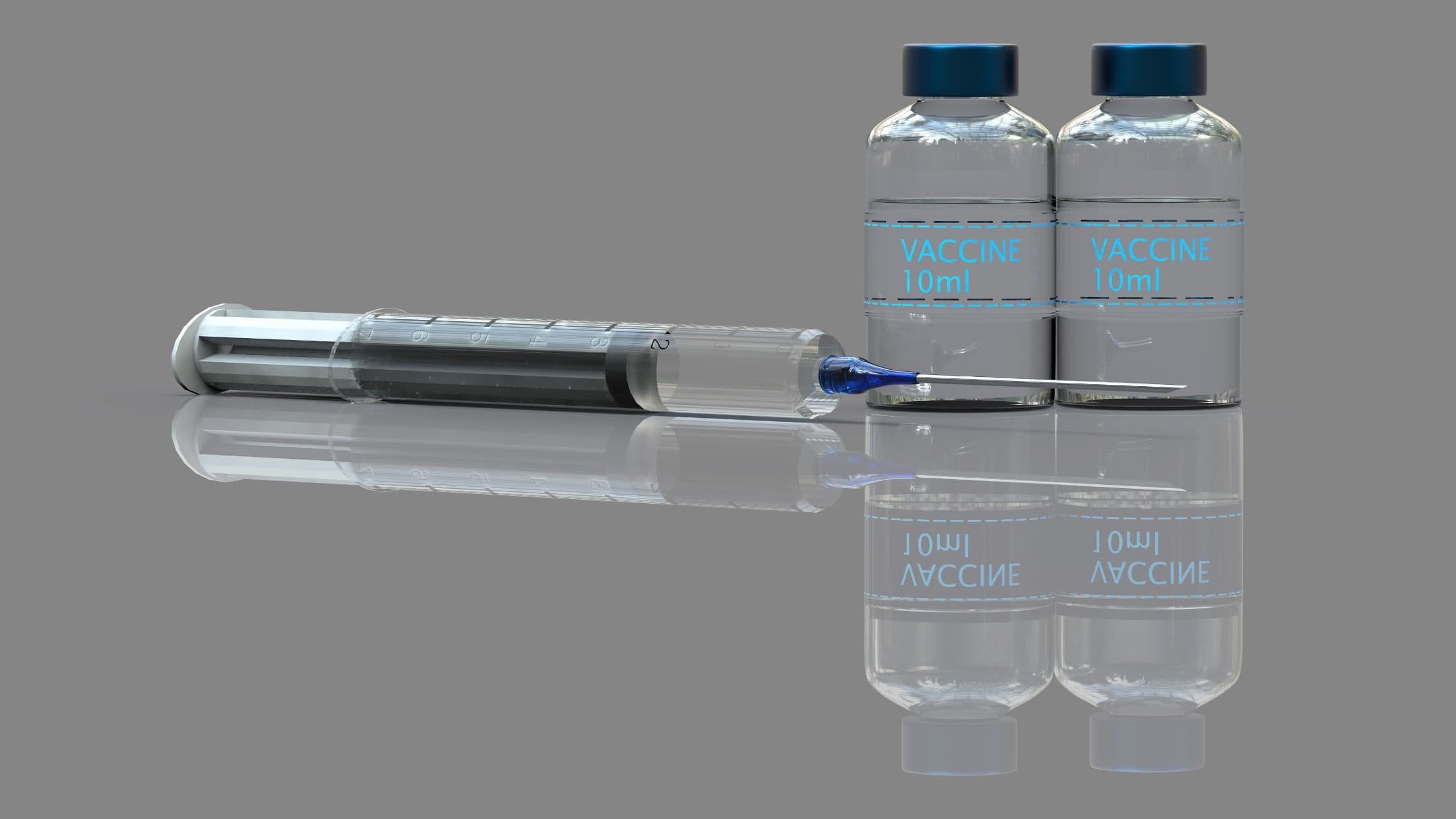A Shield Against Disease: Understanding Immunizations and Vaccines
In a world teeming with germs, our bodies are constantly under siege by infectious diseases. Immunizations and vaccines serve as our shields, empowering our immune system to effectively fight off these invaders. This guide delves into the world of immunizations and vaccines, exploring their mechanisms, types, recommended schedules, and the importance of staying up-to-date on vaccinations for optimal health.

The Body's Defense System: Understanding the Immune System
Our immune system is a complex network of cells, tissues, and organs that work tirelessly to defend us against infection. When a foreign pathogen (like a virus or bacteria) enters the body, the immune system kicks into high gear:
- Immune Recognition: Specialized immune cells identify the pathogen as a threat.
- Immune Response: The immune system produces antibodies, specialized proteins designed to target and neutralize the specific pathogen.
- Immune Memory: The immune system "remembers" the pathogen, so it can mount a quicker and more effective response if it encounters the same pathogen again.
Building Immunity: The Power of Immunizations and Vaccines
Immunizations and vaccines introduce a weakened or inactive form of a virus or bacteria into the body. This triggers the immune system to recognize the pathogen and develop antibodies, mimicking a natural infection without causing the actual disease. Here's a breakdown of the key differences between immunizations and vaccines:
- Immunization: This is a broader term encompassing the process of providing immunity to a disease, which can be achieved through vaccination, exposure to a weakened or inactive form of the disease naturally (like chickenpox), or even by acquiring immunity from a mother through breast milk (for some diseases).
- Vaccine: A vaccine is a specific biological product that introduces a weakened or inactive form of a virus or bacteria into the body to stimulate the immune response. Vaccines are a type of immunization.

A Spectrum of Protection: Exploring Different Types of Vaccines
Vaccines come in various forms, each tailored to target specific pathogens:
- Live Attenuated Vaccines: These vaccines contain a weakened (attenuated) form of the live virus. This allows the immune system to develop immunity without causing the full-blown disease. Examples include measles, mumps, and rubella (MMR) vaccine and the varicella (chickenpox) vaccine.
- Inactivated Vaccines: These vaccines contain an inactive form of the virus or bacteria that cannot cause disease but can still trigger an immune response. Examples include the polio vaccine and the flu shot.
- Toxoid Vaccines: These vaccines target the toxins produced by bacteria, rather than the bacteria themselves. For example, the tetanus vaccine protects against the toxin produced by the bacterium that causes tetanus.
- Conjugate Vaccines: These vaccines are particularly helpful for young children whose immune systems are still developing. They combine a weakened antigen (part of the virus or bacteria) with a carrier protein, making the antigen more recognizable to the immune system and stimulating a stronger immune response. Examples include the Haemophilus influenzae type b (Hib) vaccine and the pneumococcal conjugate vaccine (PCV13).
- mRNA Vaccines: A newer type of vaccine, mRNA vaccines provide instructions to the body's cells to produce temporary copies of a specific protein from a virus, which the immune system then recognizes and develops antibodies against. The COVID-19 vaccines are examples of mRNA vaccines.
A Roadmap to Protection: Recommended Immunization Schedules
The Centers for Disease Control and Prevention (CDC) recommends a specific immunization schedule for children and adults to ensure optimal protection against various diseases. These schedules consider the age at which the immune system is most receptive to certain vaccines and the timeframe needed to develop lasting immunity.
The Lifelong Need for Protection: Booster Shots and Staying Up-to-Date
Immunity developed through vaccination can wane over time. Booster shots are additional doses of a vaccine given at specific intervals to strengthen the immune response and ensure continued protection against a disease. The recommended schedule for booster shots varies depending on the vaccine.
The Power of Herd Immunity: Protecting Our Communities
Vaccinations not only protect individuals but also contribute to herd immunity. When a large portion of the population is vaccinated against a particular disease, it becomes less likely for the disease to spread, even protecting those who are unable to be vaccinated due to medical conditions.